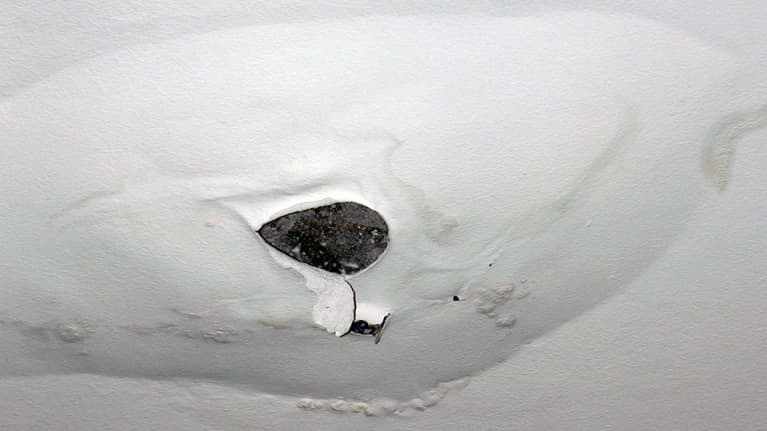Yle recently reported that the Ministry of Social Affairs and Health has proposed official recognition of self diagnosis by those who suffer from chemical, mould or electrical sensitivities.
Sufferers could apply for a diagnosis number in line with the Finnish system of officially registering illnesses. According to a working group, this would promote recognition of the issue, which would in turn contribute to better management of patient care and more research in the field.
Diagnosis number may not benefit patients
Professor Tuula Putus has studied occupational health and medicine, and the issue of mould sensitivity, for many years. She demands more research and better care for sufferers. However, she sees official recognition of self-diagnosis as a problem.
“A patient who receives a diagnosis number will not be automatically covered by social security,” says Putus. “It would give Kela [the Finnish Social Insurance Institution] the chance to exclude them from social security benefits.”
Doctors are aware of what diagnosis numbers justify sickness benefit or pension and which ones don’t, and they can allocate numbers accordingly. However, a self diagnosing patient may not have the same knowledge.
Hype and hypochondria
The influence of environmental factors on mental and emotional wellbeing are also controversial. Environmental sensitivity expert and occupational neurologist docent Markku Sainio says that the psychological wellbeing of people struggling with health problems is markedly affected by exposure to mould.
Sainio claims that humidity problems that may not necessarily pose any practical problems in a building can nonetheless cause psychological stress -- particularly for a nation of people who have a somewhat overblown fear of mould, comparative to other countries.
“The reaction is quite overplayed when it’s believed that a building has a humidity problem,” says Sainio. “This is not to dismiss the fact that moisture damage can lead to physical sickness and cause asthma. But it is seen as the bogeyman everywhere and that fear stirs up the symptoms.”
Crazy to care too much or crazy not to?
According to Sainio, sufferers should bolster their own psychological defences.
“It’s easier said than done, of course,” admits Sainio. “But if you continue to practice avoidance, it’s known that the symptoms are likely to become permanent features.”
His attitude is that people's response should be proportional -- not stressing out over a bit of humidity may be less harmful to your health than nurturing a hysterical fear of its dire ill-effects.
However, Tuula Putus says that people would be crazy not to suffer from anxiety when something was affecting their health.
“In most cases, the symptoms appear before the patient has any clue of exposure,” she says. “If the theory of fear-panic-reaction were true, at the mention of mould the symptoms of exposure would multiply in the blink of an eye.”
